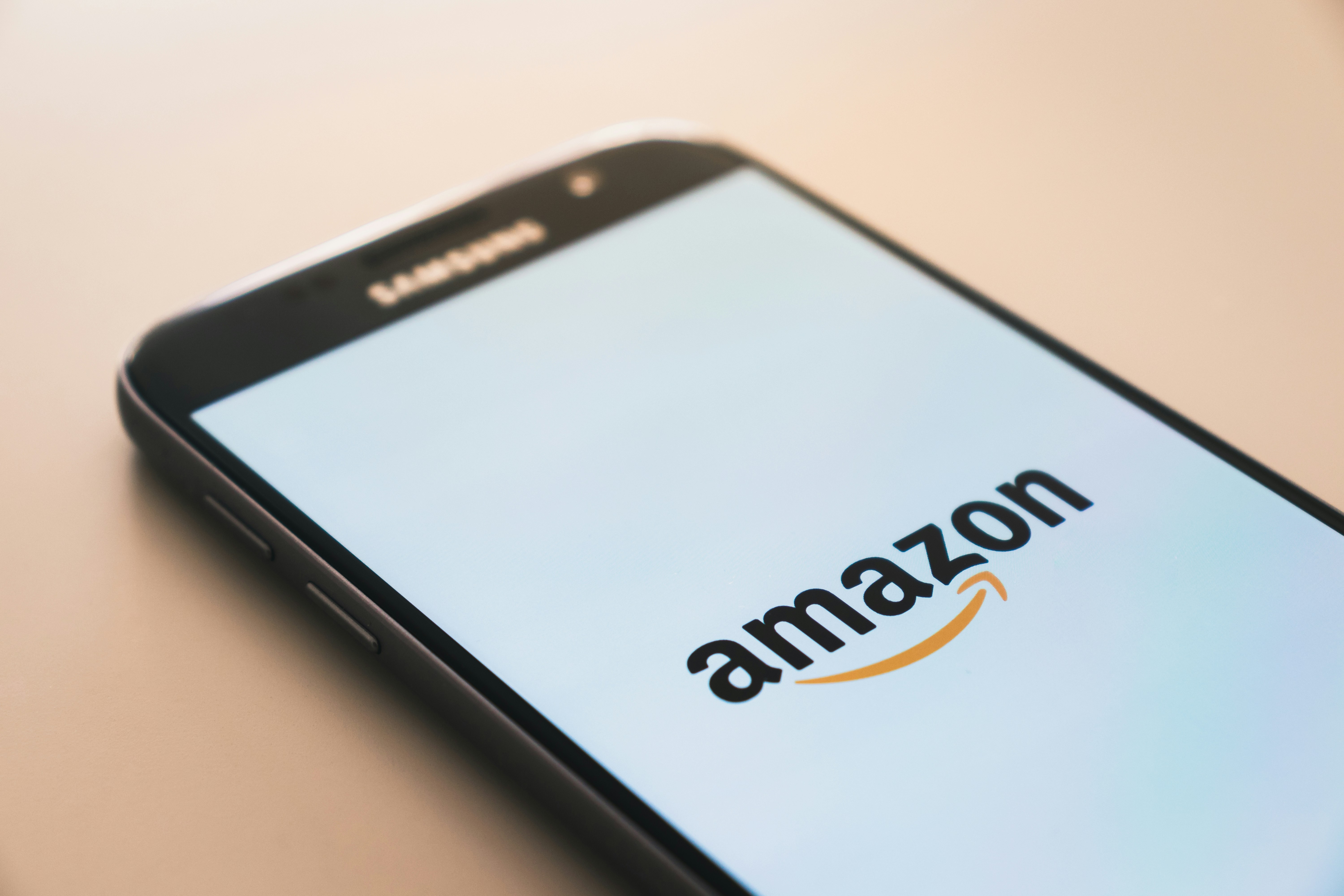FITA PRODUCT HIGHLIGHTS
The Importance of Personalized Shopping in Today’s E-Commerce Climate
By
Biki John
Apr 8, 2021
4 min read
The pandemic drove more shoppers to purchase online and caused traditional retail stores to suffer a significant drop in footfall.
In the aftermath of COVID-19, statistics show that from household to personal care products – shoppers are opting for experiences that are digital in nature. Furthermore, customers expect retailers to provide a smooth, faultless personalized shopping experience.

Why is Personalization Important in Today’s E-Commerce Landscape?
When asked about the value of personalization and whether it is worth the investment for apparel and footwear retailers, Sebastian Schulze, co-founder and managing director of Fit Analytics stated “customers crave a hyper-personalized experience. As shopping shifts online, retailers must keep up with their customers’ wants and needs to maintain a competitive edge. Customers may only spend a short amount of time browsing online; if they don’t immediately find something tailored to them, they will shop elsewhere.”
As more people gravitate towards online stores, retailers who want to stay in the game have no choice but to follow. This makes it harder for brick-and-mortar stores to compete. Even after the pandemic ends, we predict that the crisis has set the retail industry down a road that it cannot come back from anytime soon. This means that online stores would do well to offer their shoppers ideal personalized shopping experiences if they want to retain their customers.
Apart from a gradual shift online, another behavior shoppers have adopted during the pandemic is brand sampling. McKinsey’s US survey states “of the three-quarters of Americans who changed their shopping behavior since COVID-19 began, around 40 percent say they have changed brands, with the level of brand switching doubling in 2020 compared to 2019. Convenience and value have been the main drivers of shopping behavior change; however, quality and seeking brands that match with their values also inspire change for about 40 percent of younger consumers.”
It’s evident that as retailers navigate through a pandemic-dominated landscape the onus falls on them to devise effective ways to engage and retain their audience. One way of doing this is to offer consumers a positive personalized shopping experience – retailers should support customers by making it easier for them to find items they will want to keep and not return. Part of this involves helping shoppers find the perfect fit online.
Fit Finder and Personalization
Humans are individuals and this means that each person’s profile is a composition of many characteristics which include height, weight, age, fitness level, and personal style. So it follows that shoppers have different requirements when it comes to their fit and style choices.
At Fit Analytics, we know that one of the key problems shoppers face online is finding the right size that’s tailored to their needs and preferences. Our size advisor tool, Fit Finder, is the leading solution on our suite platform and it recommends the perfect fit for shoppers. Fit Finder’s sizing predictions are fueled by advanced machine learning algorithms that become smarter and more accurate with every recommendation made.
Fit Finder is able to take into consideration how each user is different not just in body measurements and size, but how people’s measurements differ across countries, and how each shopper has personal preferences and needs. As a result, it’s algorithm-driven solution is able to account for the aggregate different user factors inputs to give immediate and accurate personalized recommendations.
The Connection between Data and PersonalizationData can be used as a means for retailers to optimize the personalized shopping experience offered to shoppers. It’s worth mentioning that a personalization solution is only as good as the data it’s derived from. Kibocommerce likens this to personalization being the engine and data being the fuel.Fit Analytics conducted an A/B test of its Product Suggestions feature with our brand partner Simons, and discovered that showing more personalized products led to an increase of 10% in net revenue, 5% in average order value, and a 2% higher conversion rate for shoppers who interfaced with the feature. This shows that in order to keep shoppers engaged within massive product catalogues, retailers must personalize the online experience with items that are relevant to them.
And finally…
Retailers who put in the work to gather data-based learnings to improve their customers’ shoppers journeys are more likely to reap the rewards of their efforts which can include a boost in brand engagement, customer loyalty, and inevitably – sales.Images courtesy of Brooke Lark and Laura Chouette.
To learn more about how we can help you and support your specific needs Contact us.
































































